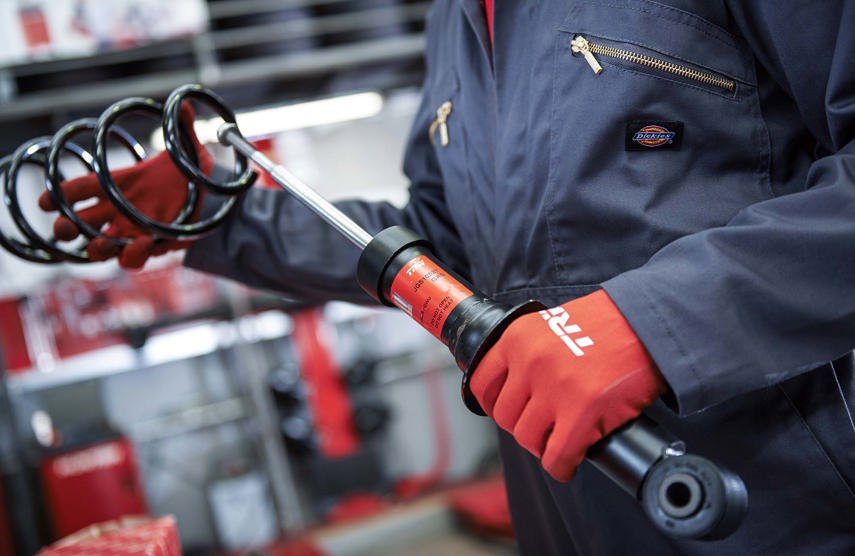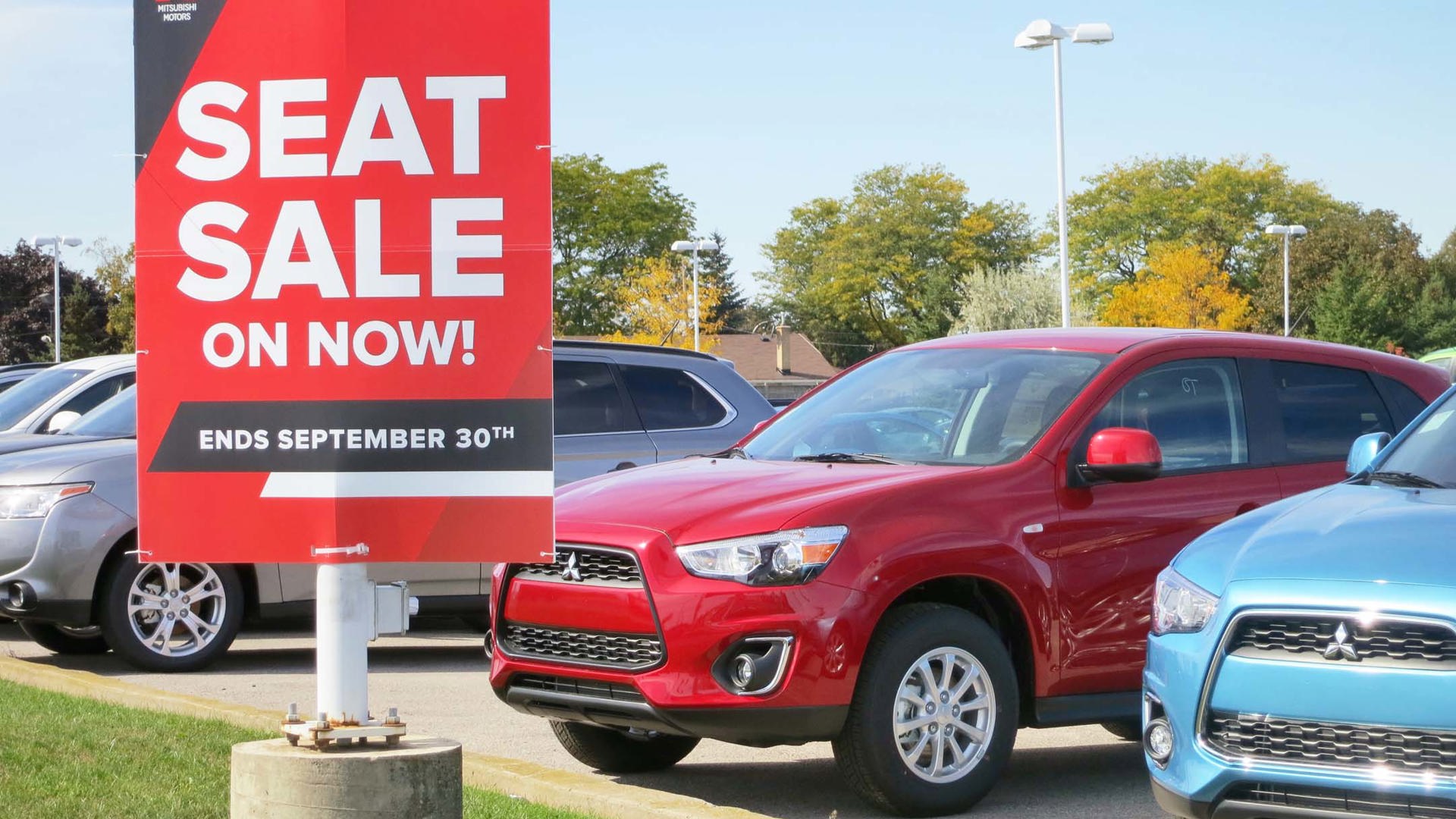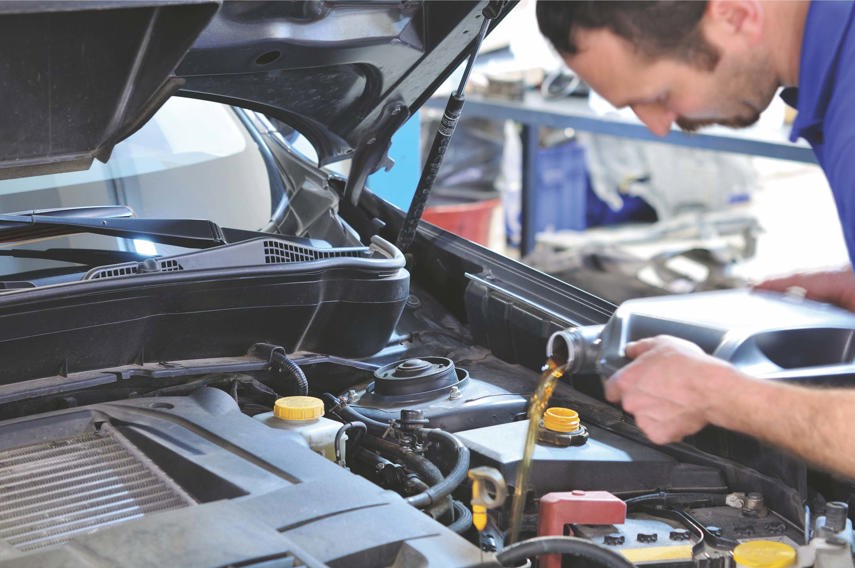Sometimes it seems like an older car can see its owner’s bank account. It knows when times are tight, and that’s when it decides to break down.
So you’ve taken it in, and you’ve gotten the bad news about how much the repair will cost. Now you have to make a decision – do you fix it, or is it time to buy another one? When should you stop pouring money into your old ride?
We can’t make the decision for you, but we have advice for when your old car has broken down. Consider all these factors before you make your move either way.
What’s your car worth?
You obviously don’t want to put more money into your vehicle than it’s worth. The general recommendation is that if the repair will be more than half the car’s value, you should ditch it. You can get a rough estimate of your vehicle’s value through online evaluators, such as here on autoTRADER.ca, to help you with your decision.
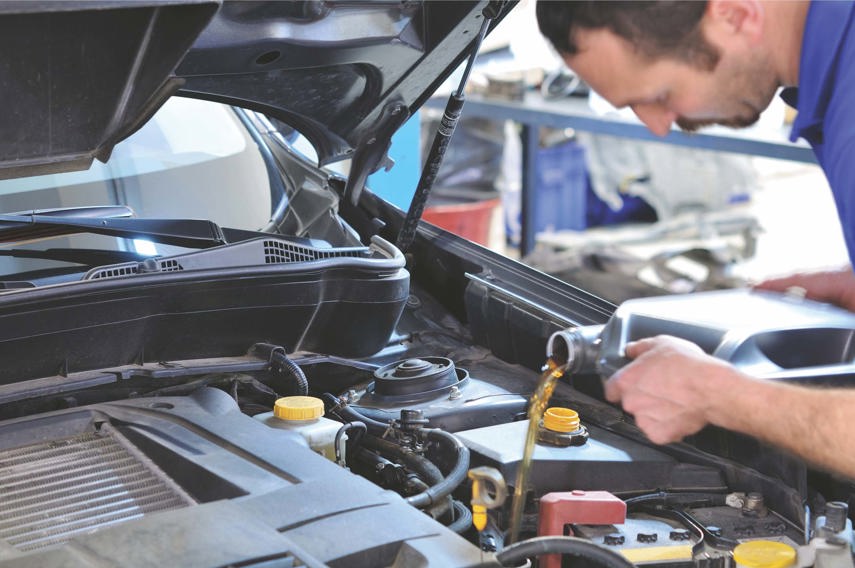
But you might be “close enough” that it’s still worthwhile…
Expensive engine or transmission replacements/rebuilds are relatively rare. Most of the time, you’re looking at the so-called “nickel-and-dime” repairs that add up over time: maybe a water pump, then a new rad a few months later, then brakes. Whatever comes next may be the straw that puts all of those cumulative repairs above the car’s value. However, those other parts are all new and shouldn’t incur any new expenses, and this latest repair will probably be less than buying a new car.
Can you afford to upgrade?
You don’t want to pour money into a hopeless clunker, of course, but new cars are a chunk of change – and automakers and financiers do all they can to try to convince you otherwise, by advertising low “bi-monthly” pricing rather than the car’s full price, or very long payment plans. Those 84- or 96-month loans – which are for seven to eight years – will have you owing more than the car is worth for a very long time, including probably past the vehicle’s factory warranty.
Our advice: Look at how much you’re going to pay per-month on a realistic new-vehicle loan (meaning one that doesn’t trap you for eight years) and compare it to the cost of the repair. If the repair is less than a year of car payments, fixing your car should put you ahead.
Your balance sheet also needs to take into account the extra expenses of a brand-new car. Add in the sales tax, freight and PDI, and any dealer fees. A new car will cost more to insure than your old one, too.
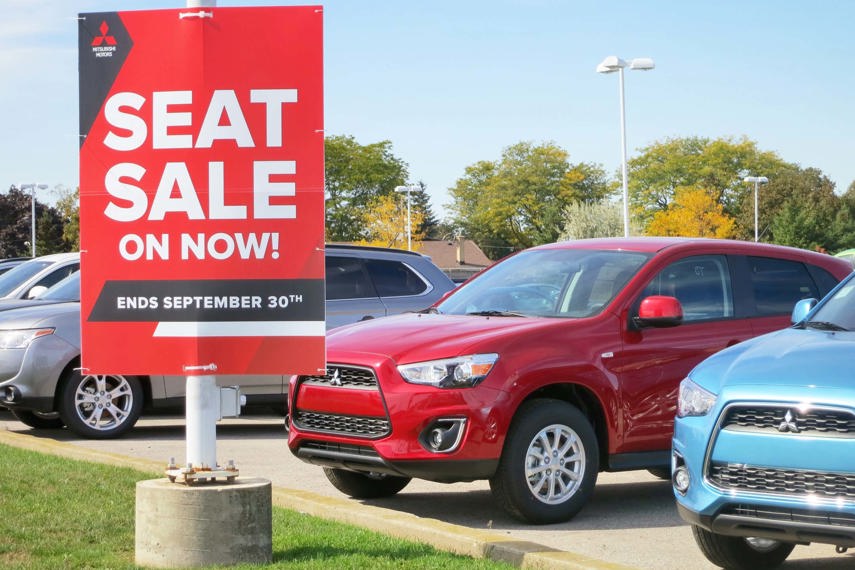
What about a “new” used car?
If you’re replacing your ten-year-old vehicle with a five-year-old one, you can realistically expect to have fewer problems with such an upgrade. However, if your budget has you looking at a vehicle that isn’t that much newer than yours, you may want to consider fixing yours up instead. It’s that “devil you know versus devil you don’t” quandary: that replacement ride will eventually require repairs of its own, possibly something you already fixed on your old one.
What’s your trade-in value?
Here’s where the fix-or-ditch question can get sticky. Unless your vehicle’s next stop is the scrap heap, you’ll want to sell or trade it. If it needs a $1,000 repair that you don’t want to do, you’ll have to sell it “as-is,” and might have to drop your price by $1,500 or more to attract any buyers. At that point, you might be better off fixing and keeping it.

So when does ditching your old one make more sense?
You have to consider the costs of repair-versus-replace, but money isn’t always everything. There are other factors that could swing your decision as well:
Newer vehicles will have more safety features than older ones – for example, as of May 2018, all new cars sold in Canada must have a rear-view camera. Your new ride may also include such features as emergency front braking, blind-spot monitoring, lane-keeping assist, extra airbags, or other items that your old one may be missing.
Depending on how old your vehicle is, a newer one may return better fuel efficiency.
A new vehicle will come with factory warranty, which will eliminate repair costs for that period. It’ll also include roadside assistance. Some models include a period of no-charge scheduled maintenance as well.
No one likes breakdowns, but some people are better able to roll with them than others. A new car can reduce the chance of being stuck somewhere with small children, or being late for work or important appointments.
If the repair and replacement costs are very close, a car with incentives of very low or zero financing could be an advantage over the higher rates you’ll pay on the repair costs if you have to borrow the cash or put it on your credit card. Always do the math before you make your decision.
